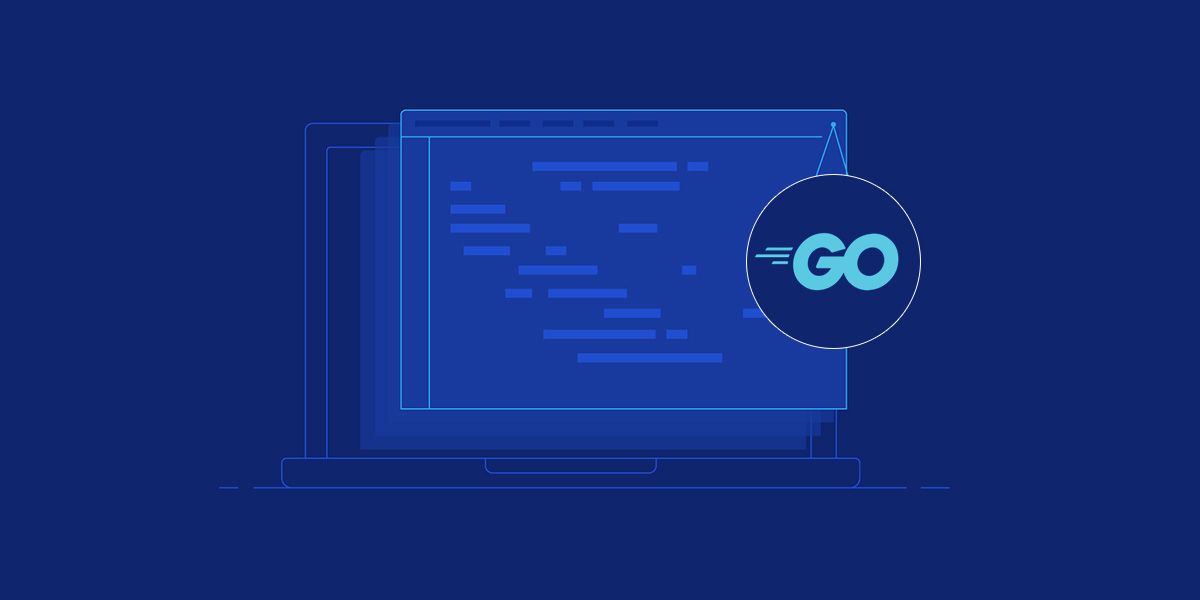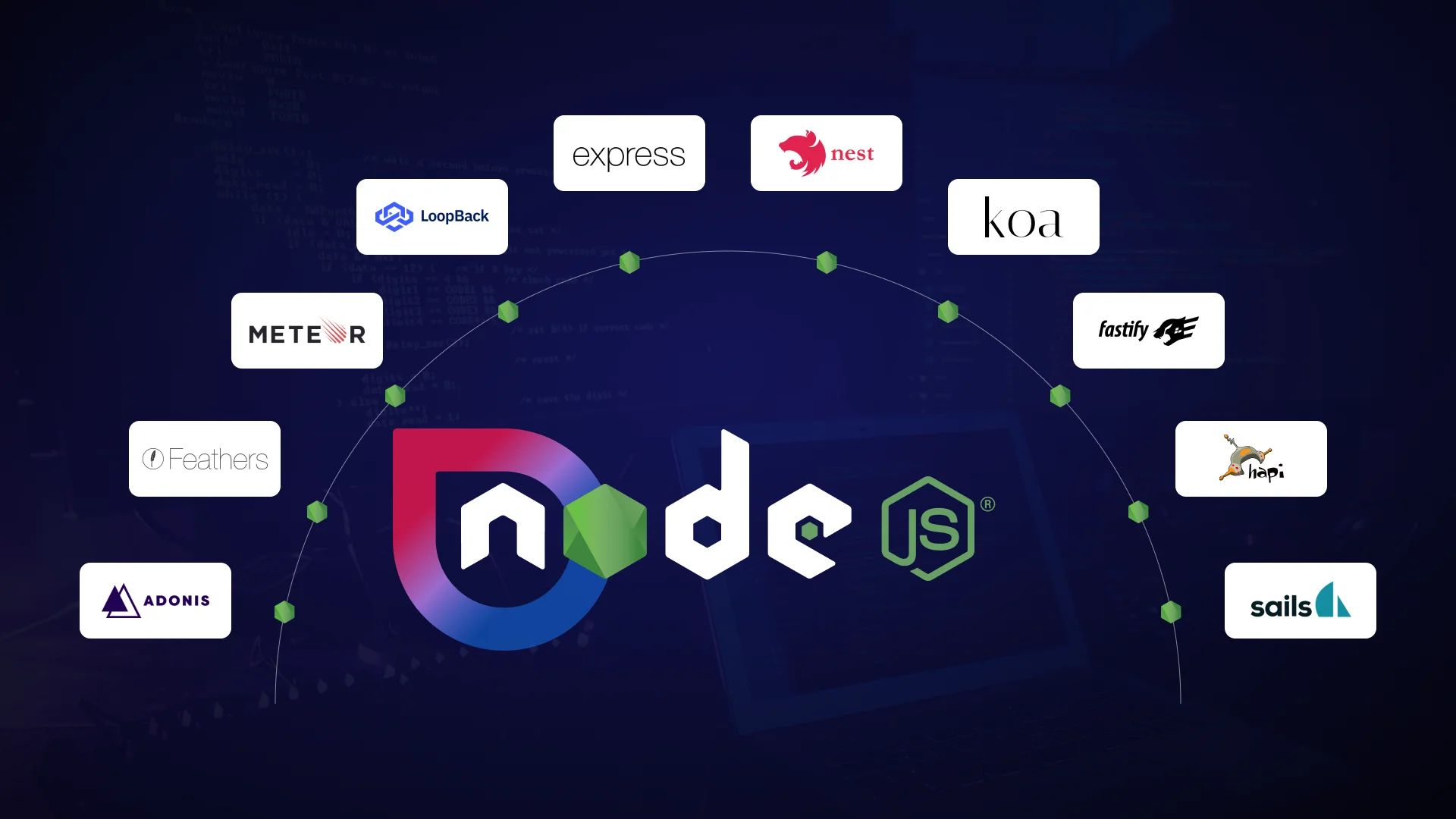GoLang – Pros and Cons of Go language
- Web
- October 26, 2023
‘Google’ of modern times has transcended itself in being versatile and more than just a search engine. It has penetrated the world of web services, information, entertainment and communication to deliver solutions that are a technological marvel each.
Amid this surge, it has also not forgotten to contribute to the rising need for software productivity – the fine balance between the quantity of software developed and cost incurred. Conceived in 2007, GoLang counts as one of Google’s many such breakthrough initiatives which have made the world of programming a lot simpler. Along with it, there are many reasons why Golang stands apart from other languages. In this blog, we will disclose them.
A Brief Overview of Golang
The idea for this open-source programming language came up when Google engineers Robert Griesemer, Rob Pike, and Ken Thompson huddled together to create a systems level language. The focus was on resolving the difficulties of other programming languages in writing codes without doing away with their characteristic features.
Accordingly, GoLang bases on the classic syntax of C/C++ with added benefits of garbage collection, memory safety, automatic declaration of variables, structural typing, and CSP-style concurrency. This is also the latest programming language that keeps multi-threading at its core.
With the whip hand over its competitors, GoLang has meteorically risen up the Tiobe Index – one that indicates programmer preferences and favorites. No wonder it is being used in diverse applications worldwide, including Dropbox, SoundCloud, Cloud Foundry and many others!
The question is, is GoLang really worthwhile? Why should you choose Golang for creating web applications? What makes it better than stalwarts like C, C++, Java and Python? Let’s find the answers by evaluating pros and cons of it.
Simplicity and Ease of Use
Pro: Minimal syntax, easy learning for C/C++ programmers
The simplest reason to start programming in GoLang is its simplicity. The syntax is extremely small and easy to learn. Because its core resembles that of C/C++, experienced programmers can pick up the basics fast.
Although it lacks the functionality of other programming languages, its scope has been deliberately limited to keep it simple. Furthermore, for those trying and failing at multithreading codes, GoLang is a safe haven for background coding tasks.
Con: Risks of undisciplined coding
Although simple to use, GoLang makes room for undisciplined coding. Also, this simplicity, which the language flaunts, can become an obstacle when a project matures into something bigger.
It would then be unwise to ignore the other cleverer programming languages that have better bug-fighting abilities. For those looking for generics, exceptions and extensibility this programming language would be disappointed.
Virtual Machine Dependencies
Pro: Compiled binaries, no VM needed.
Regarding virtual machine dependencies, GoLang offers peace of mind. Codes written with this programming language are complied into a binary that is ready to go and doesn’t need a virtual machine.
Simply enter the executable’s name in the command line and hit Return. In short, dependencies are not an issue with GoLang because it comes with a dependency manager. As virtual machines are not involved in running codes, any software developed using this programming language would feed on fewer resources. Above all, GoLang enables faster debugging cycles.
Con: Large binaries, potential RAM issues.
The standalone binaries of GoLang are huge because they need to include the power of the virtual machine as well. Even a small ‘hello world’ might eat up 2MB of data. Of course, much has been done to compress the binaries by excluding uncalled methods. Still and all, the RAM might end up clogging when a server fires up multiple versions of your code.
Furthermore, GoLang allows dependencies to be expressed within the same file that contains the dependent code. Although this is a good thing, no programmer can indicate a specific version of the dependencies.
The task is restricted to the latest version, also known as the master branch. This eventually causes errors, including the breaking of codes because of dependency alteration.
Automation
Pro: Automatic features save time.
As discussed earlier, GoLang comes with features like automatic declaration of variables, fast compile times, and latency free garbage collection. It completely keeps away manual memory management. Such automation eventually saves time.
Con: Potential pitfalls, lack of cautious approach.
Ask any programmer and he would tell you about the pitfalls of using automation features in programming languages. What if garbage collection is triggered at the wrong time leading to errors and delay in server code responses? What if the same variable name gets used in nested scopes and automatic declarations goof it up? Imagine the chaos! Doesn’t the belts-and-suspenders approach seem more logical?
Classic Syntax of C
Pro: Next-gen C, classic syntax.
C lovers consider GoLang to be the next update. Carrying the classic syntax, this programming language has everything that reminds you of C, of course, without the annoyances. Features like latency free garbage collection and a simpler file structure make the difference. Everything else is quintessentially C!
Con: Competing with similar languages.
There are other programming languages as well that resemble C. Consider the likes of Java, Swift, Rust, C#, C++, and even Objective-C. Moreover, programming isn’t only about defining basic blocks in compiler construction or fancying curly braces. And even if it is, other programming languages have so much more to offer.
Syntax Libraries
Pro: Standard libraries for quick coding.
GoLang has some standard libraries with built-in functionality that lets programmers write code quickly. These libraries are updated and ready to go – a plus point for conservative developments.
Con: Lags behind in advanced libraries.
Despite the fresh libraries, GoLang lags behind because most programming languages are already ahead of it. When old is gold, why would people want to bet on something so nascent?
In a Nutshell…
Things You’ll Love About GoLang:
- It’s simple and compiles at ninja speed.
- Programs can be edited and run directly on the web.
- Memory management isn’t a problem as this is a garbage-collected language.
- It’s the only programming language that has a standard library with a fully working web server.
- It is supported by Google and enables large-scale software engineering.
Challenges You Might Face While Using Golang:
- It’s a relatively new language with not many libraries or information.
- Its simplicity seems superficial because of its internal inconsistencies.
- With limited scope, automation can invite errors.
- It’s got defective dependency management.
- It’s a high-level language with low-level features.
In conclusion, GoLang offers a compelling blend of performance, simplicity, and scalability, making it a popular choice for a wide range of software development projects. Its built-in concurrency support, efficient compilation, and extensive standard library contribute to its appeal for building modern, high-performance applications.
However, like any programming language, GoLang has its drawbacks. Its lack of generics and sometimes verbose error handling can be seen as limitations by some developers. So, you need to hire Golang developers with specific expertise from a reliable web development company to deal with these complexities.
Why Choose MindInventory to Avail Golang Development Services?
MindInventory is a trustworthy partner to avail Golang development services. Our Golang developers excel in leveraging the language’s concurrency features, efficient compilation, and extensive standard library to deliver high-performance, scalable solutions tailored to your specific needs.
They understand Golang’s ecosystem and craft solutions that are not only robust but also optimized for speed and resource utilization. Whether you need web development services, microservices architecture, backend services, or cloud-native applications, our Golang developers ensure that you get a solution that meets your requirements while adhering to industry best practices.













